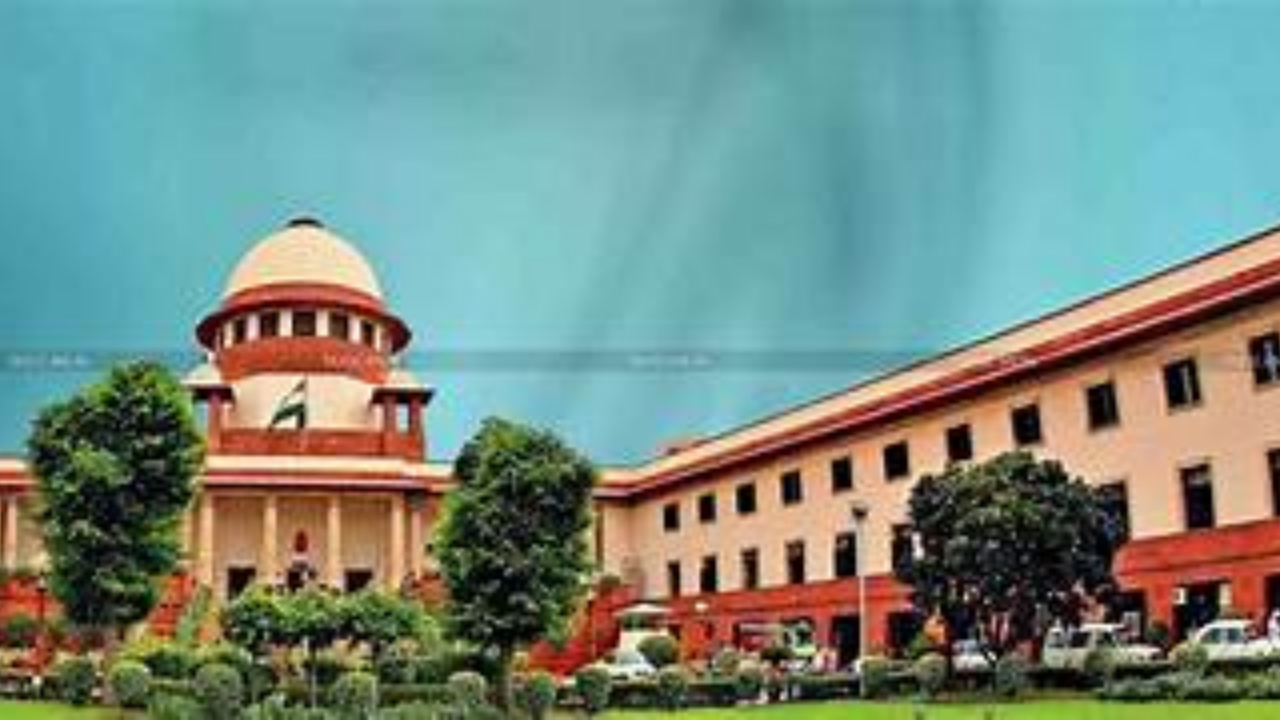Supreme Court Quashes Tax Prosecution, Fines Income Tax Department ₹2 Lakh
In a significant ruling, the Supreme Court of India quashed a tax prosecution and imposed a fine of ₹2 lakh on the Income Tax Department. The Court found that the department acted in “blatant disregard” of its own statutory instructions, specifically a series of binding CBDT circulars. This conduct, the bench of Justices J. K. Maheshwari and Vijay Bishnoi stated, “undermines fairness, consistency, and accountability” in tax administration.
The Case and the Department’s Failures
The case involved an assessee, Vijay Krishnaswami, who faced prosecution after a search operation in 2016. The Income Tax Department seized unaccounted cash and subsequently sanctioned prosecution for alleged willful tax evasion. However, the Court highlighted two critical failures on the part of the tax authorities:
- Disregard for CBDT Circulars: The Court noted that the department initiated prosecution without meeting the preconditions set forth in binding CBDT circulars. These circulars mandate that prosecution can only proceed after the Income Tax Appellate Tribunal (ITAT) confirms a concealment penalty. No such ITAT order existed when the complaint was filed. The Court emphasized that these circulars, which are designed to temper the law’s strictness, are binding on all tax authorities.
- Ignoring the Settlement Commission’s Findings: The assessee had also approached the Settlement Commission, which granted him immunity from penalty after finding there was no willful attempt to evade tax. The Supreme Court found that the Madras High Court, which had previously ruled against the assessee, failed to properly consider the binding nature of these findings.
The Ruling’s Impact
The Supreme Court not only set aside the Madras High Court’s order and quashed the prosecution but also imposed a substantial fine on the Income Tax Department. This ruling sends a strong message that tax authorities cannot ignore their own established procedures and directives. It reaffirms that principles of fairness and accountability are paramount in tax administration, and a “serious lapse” of this nature will not be treated as justified or lawful.

